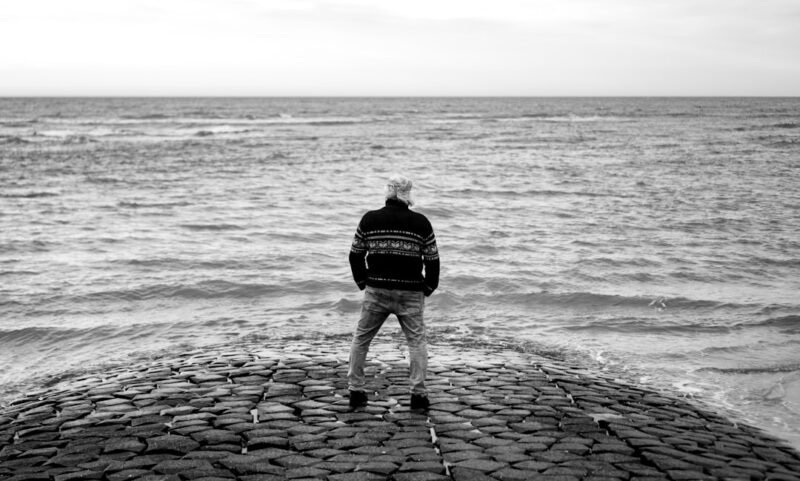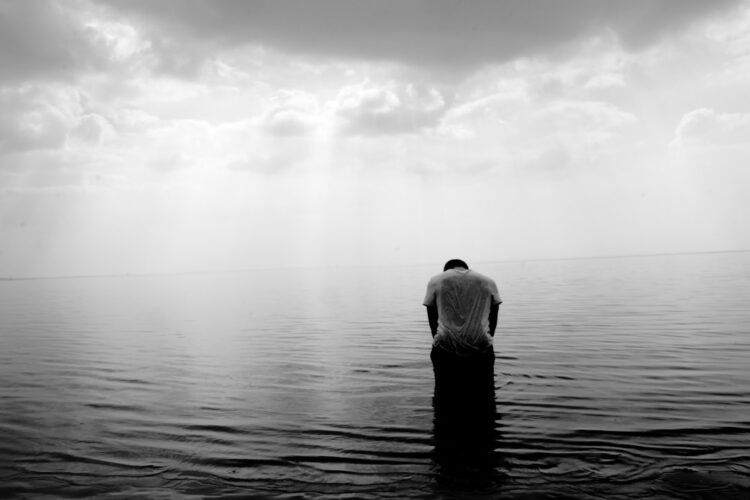Regret has a way of creeping in when the noise of life dies down.
It’s the shadow that falls over quiet moments, reminding you of roads not taken, words left unsaid, and dreams deferred.
But why does regret sting so deeply?
Because it’s not just about what you didn’t do; it’s about the time you can never get back.
Time is the only resource that doesn’t renew. Once it’s spent, it’s gone forever.
Each of us is given the same 24 hours a day, yet the way we use those hours shapes the entire trajectory of our lives.
When we squander them, we don’t just lose minutes or hours—we lose potential futures.
The careers we might have built, the relationships we could have deepened, the skills we should have mastered.
Wasting time is not a minor infraction; it’s a betrayal of our own potential.
Psychologically, regret emerges from a gap between expectation and reality.
When we imagine what could have been—the better version of ourselves, the life we might have led—our minds punish us for failing to close that gap.

Regret is the psyche’s way of saying, “You could have been more.”
This isn’t just an emotional reaction; it’s a fundamental misalignment of values, choices, and outcomes.
And that misalignment?
It’s a quiet thief that robs us of peace and fulfilment.
The Weight of Time: A Philosophical Reckoning
Philosophers have long grappled with the idea of time and its fleeting nature.
Marcus Aurelius, the Stoic emperor, wrote,
“You could leave life right now. Let that determine what you do and say and think.”
This statement is not a call to despair but a reminder of the urgency of life.
The moments we waste today are the moments we wish for tomorrow.
Existentialists like Jean-Paul Sartre argued that freedom is both our blessing and our curse.
We are free to make choices, but those choices carry weight.
Every decision excludes countless others, and therein lies the rub: to choose one path is to regret another.
Each choice, therefore, demands a reckoning with its consequences, not only for the present but for the future we are shaping.
So why do so many of us waste this precious resource?
The truth is, wasting time often feels harmless in the moment.
Scrolling through social media, procrastinating on important tasks, or indulging in habits that numb us instead of nourish us—these choices seem inconsequential until they accumulate into years of missed opportunities.
The philosopher Seneca warned us:
“It is not that we have a short time to live, but that we waste a lot of it.”
Yet, we continue to trade our finite hours for fleeting distractions, forgetting that each passing moment is a moment we will never reclaim.
Why Regret Hurts More Than Failure
Failure, as painful as it can be, is a teacher.
It’s an opportunity to grow, to pivot, to try again.
Regret, on the other hand, is a dead end.
It offers no lessons because it’s rooted in inaction.
You can’t learn from something you didn’t do.
This is why regret often outweighs the pain of failure—it’s the void of possibility that haunts us.
Imagine standing at the edge of your life, looking back at all the paths you didn’t take.
The book you didn’t write, the apology you didn’t give, the risks you avoided out of fear.
Failure at least tells a story, but regret?
Regret is a silent, aching absence.
It’s a void where potential once thrived.
Psychological studies also back this up.
Research on regret shows that people tend to regret inactions more than actions over the long term.
In the short term, we might feel worse about mistakes we’ve made.
But as time passes, it’s the risks we didn’t take and the chances we let slip away that leave the deepest scars.
This is because regret isn’t just about the past; it’s about the future that could have been.
So, the question becomes: how do we live without regret?
How to Live Without Regret
Define Your Values
Regret often stems from living a life misaligned with your core values.
Take the time to reflect on what truly matters to you.
Is it family? Creativity? Adventure? Contribution?
Use these values as a compass to guide your decisions.
When your actions align with your values, regret has little room to grow.
The clearer you are about what matters most, the easier it becomes to make decisions that honour your true self.
Be Ruthless With Your Time
Time is your most precious asset, and yet, we often treat it as if it’s infinite.
Start small: set boundaries, say no to distractions, and prioritize tasks that bring you closer to your goals.
Treat your time with the same reverence you would your most valuable possession because that’s exactly what it is.
As Annie Dillard said,
“How we spend our days is, of course, how we spend our lives.”
Embrace the Fear of Failure
Don’t let fear paralyze you.
Failure is inevitable, but it’s also invaluable.
Each stumble brings you closer to clarity.
The worst outcome isn’t failing; it’s staying stagnant out of fear.
Remember: action is always better than inertia.
The more you act, the less space regret has to grow.
Cultivate Presence
One of the biggest culprits of regret is a life lived on autopilot.
Practice mindfulness.
Be present in your conversations, savour your meals, and immerse yourself in your passions.
Regret often arises when we look back and realise we weren’t truly “there” for the moments that mattered.
Presence is the antidote to regret because it roots you firmly in the now.
Ask the Big Questions
Regularly check in with yourself.
Ask: “If I died tomorrow, would I be satisfied with how I spent today?”
This isn’t morbid; it’s clarifying.
Life is finite, and acknowledging that fact can free us to live with urgency and intention.
These questions force us to confront our choices and ensure they align with the life we truly want.
The Courage to Act
Ultimately, avoiding regret requires courage—the courage to act, to fail, to be vulnerable.
It’s about making the hard choice today so you don’t have to live with the harder consequences tomorrow.
When you choose action over apathy, purpose over distraction, and authenticity over fear, you reclaim your time and your life.
The philosopher Alan Watts once said,
“The only way to make sense out of change is to plunge into it, move with it, and join the dance.”
Life is the dance, and every moment is an invitation to step forward.
Each step you take today builds the foundation for a future free of regret.
Don’t let regret lead.
Choose the life you want.
The clock is ticking.


